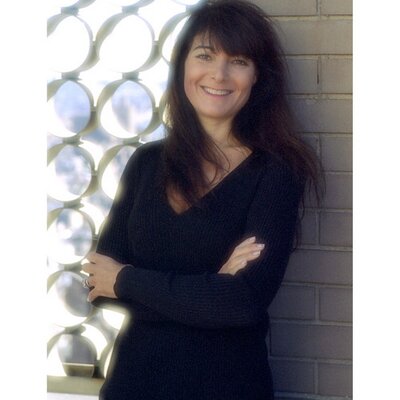 Blood from a Door Nail: Talking with Susan Shapiro
Blood from a Door Nail: Talking with Susan Shapiro
Along with helping launch some significant careers, Shapiro is an acclaimed author in her own right. She’s published twelve books—fiction and nonfiction—and landed on the bestseller list herself. Shapiro has now gathered all her pithy wisdom into The Byline Bible, forthcoming from Writer’s Digest Books on August 21. This brilliant, witty, and inspiring guide teaches the reader how to write and publish an impressive personal essay, along with regional and service pieces, op-eds, and humor pieces.
I recently had the pleasure of picking her brain about her new book, her old strategies, and theories of how a creative soul can be both successful and sane.
***
The Rumpus: In your introduction, you say that as a
kid you often felt silenced by your dynamic family, so you took up
journaling: “My fantasies of being an acclaimed author were fueled by
the desire to be heard.” How heard are you feeling these days?Susan Shapiro: After decades of struggle—writing, revising, teaching, in therapy and recovery—I feel very heard. And blessed to live in my fantasy book-filled home with my amazing husband, who is a brilliant writer, editor, and sounding board. (“I did good at the husband store,” I tell him and he calls himself my support animal.) I’m happily ensconced in Greenwich Village, where I moved for NYU and never left. I throw lots of book parties, panels and charity events, my new addiction since I had to quit everything else. I’ve had so many generous people go out of their way to launch my books, it seems time to give back.
I’m lucky to have published essays and books with top agents and editors I admire. I’m surrounded by close friends and colleagues and revolve my deadlines around weekly writing workshops with the sharpest critics I know—who “get” me and my work. I have gurus I trust with all career and life questions. I enjoy teaching and walking office hours with students almost every night. I need the human connection to get away from the computer and out of my head.
Especially after a very sad year. I’m still in mourning for my father, who I lost in December. He’d always hated the confessional elements in my writing. In my recent piece for Literary Hub, I chronicled our recent reconciliation, how he let me know he was proud of me and my realization that my parents made my Manhattan life possible. Overall, I’d say I’m secure with my insecurities. I’ve nailed all my dreams. How many people can say that? Now the struggle is to keep it up. My shrink insists I’m jealous of myself twenty years ago.
Rumpus: You’re not afraid to go deep and raw in your personal essays, like your most recent New York Times Ties column in which you explore sibling rivalry. What allowed you to lay yourself bare like that? Are you ever frightened to do so?
Shapiro: For that piece, I showed my brother beforehand to get his permission to publish. It was very well received, except by my mother, who detests anything that implies that my Michigan upbringing wasn’t perfect and joyous. I’ve explained to her that what works in real life—being happy, loving your family—would counterintuitively be tedious on the page. And that I intentionally play up drama/conflict/tension or, to paraphrase Arthur Miller, the only thing worth writing is the unspeakable. I do feel gratitude that all my relatives are hilarious, smart, colorful and supportive in many ways.
In junior high, my first literary love was confessional poetry. I fell for Plath, Lowell, Sexton, Hughes, and Maya Angelou who spilled all the horrible secrets you weren’t supposed to say out loud. That’s what hooked me. Interestingly a lot of poets I admire (Mary Carr, Katha Pollitt, Maggie Nelson, Tracey K. Smith) expand their themes in essays and memoirs, maybe because you can actually make a living publishing nonfiction. Also, I was a failed poet. Someone who knew my work well once told me that my poetry had “too many words and not enough music” and there was more poetry in my prose.[........]



Δεν υπάρχουν σχόλια:
Δημοσίευση σχολίου